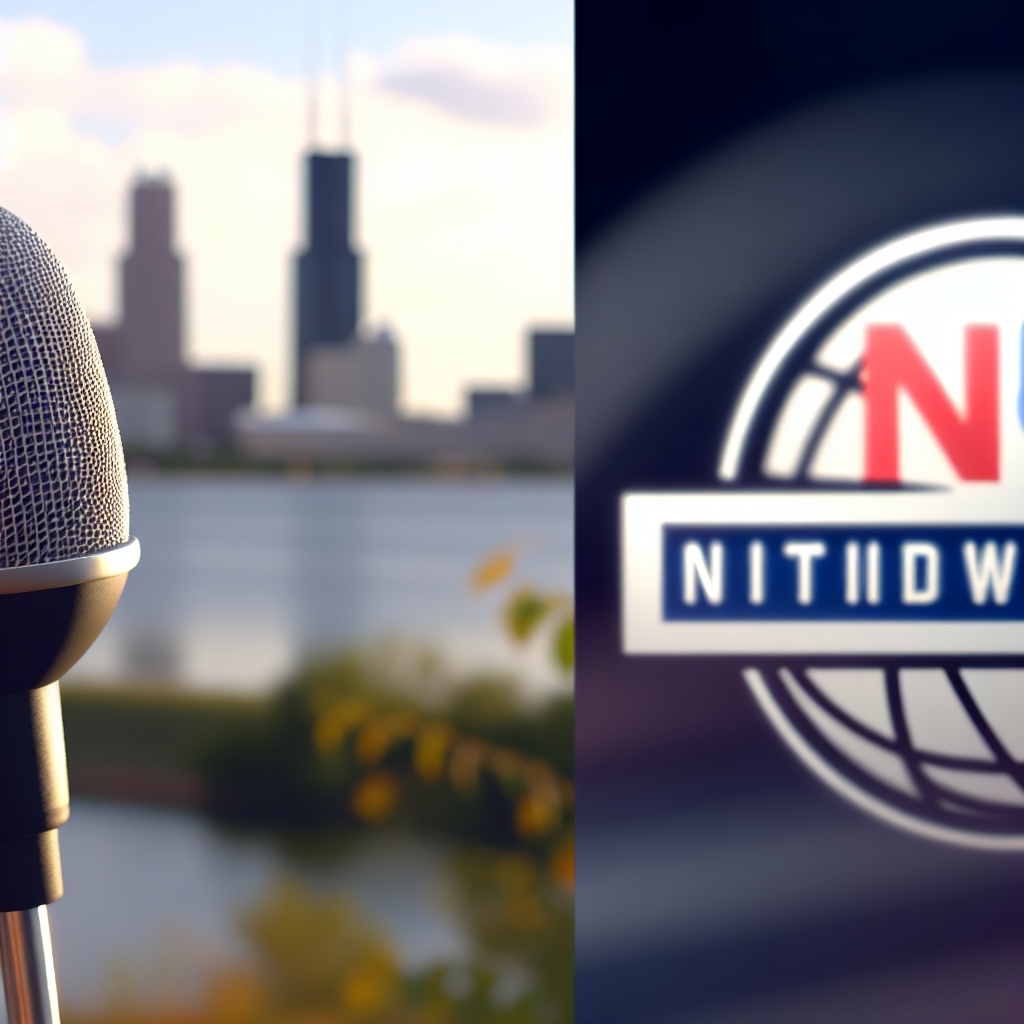
Joe Buck, the renowned American sportscaster, has captivated audiences with his smooth play-by-play commentary in NFL and MLB games. From his early days following in his father’s footsteps to his high-profile move to ESPN, Buck’s career is marked by milestones and media appearances, including on Good Morning America (GMA). This article delves into his journey, highlighting key achievements and his engaging presence on shows like GMA, offering insights for fans and aspiring broadcasters.
Early Life and Rise in Broadcasting
Born on April 25, 1969, in St. Petersburg, Florida, Joe Buck grew up in St. Louis, immersed in the world of sports broadcasting thanks to his father, legendary announcer Jack Buck. Attending St. Louis Country Day School and later Indiana University Bloomington, Joe began his career in 1989 as an undergraduate, calling play-by-play for the Louisville Redbirds, a minor league affiliate of the St. Louis Cardinals.
His early roles included reporting for ESPN’s Triple-A All-Star Game and working at St. Louis’ CBS affiliate KMOV. By 1991, Joe was broadcasting Cardinals games on local TV and radio, often filling in for his father. This period honed his skills, leading to his role as the play-by-play voice for University of Missouri basketball in 1992-93. These foundational experiences built Joe’s distinctive style—smooth, focused, and engaging—setting the stage for his national breakthrough.
What makes Joe’s early career compelling is how he balanced family legacy with personal innovation. While emulating his father’s passion, he adapted to modern broadcasting demands, incorporating detailed analysis and maintaining composure under pressure. This blend propelled him forward, making him a natural fit for larger networks.
Major Achievements and Media Appearances Including GMA
Joe Buck’s big break came in 1994 when Fox Sports hired him at age 25, making him the youngest to announce a regular slate of NFL games on network TV. He became Fox’s lead MLB voice in 1996, calling the World Series for 25 years, including iconic moments like Mark McGwire’s 62nd home run in 1998. His tributes to his father, such as the famous “We’ll see you tomorrow night” call during the 2002 World Series, added emotional depth to his broadcasts.
Beyond sports, Joe’s media presence extends to appearances on Good Morning America (GMA), where he has discussed his career transitions, personal challenges like vocal cord issues, and his 2016 memoir Lucky Bastard. On GMA, Buck shared insights into the pressures of live broadcasting and his 2022 move to ESPN as lead announcer for Monday Night Football, partnering with Troy Aikman. These segments humanize Joe, revealing his humor and resilience, while boosting his visibility beyond sports fans.
Joe’s GMA spots often highlight his evolution from a young announcer to a broadcasting icon, emphasizing preparation techniques and the mental fortitude required for high-stakes games. This crossover appeal has solidified his status, influencing how sportscasters engage with broader audiences today.
In summary, Joe Buck’s career exemplifies dedication and adaptability in sports broadcasting, from his St. Louis roots to national fame at Fox and ESPN. His memorable calls, family tributes, and candid GMA appearances showcase a multifaceted personality. For readers interested in media or sports, Joe’s story inspires pursuing passions with authenticity, reminding us that true success blends legacy with innovation in an ever-evolving industry.